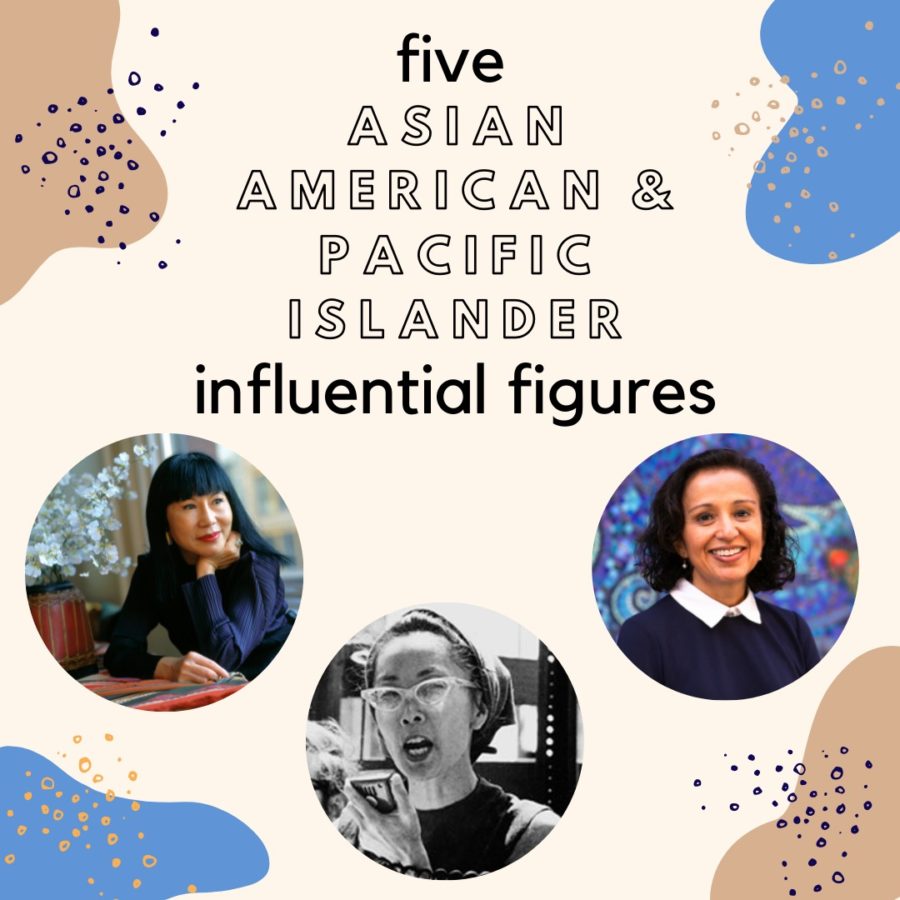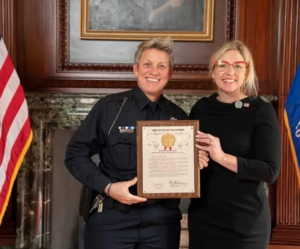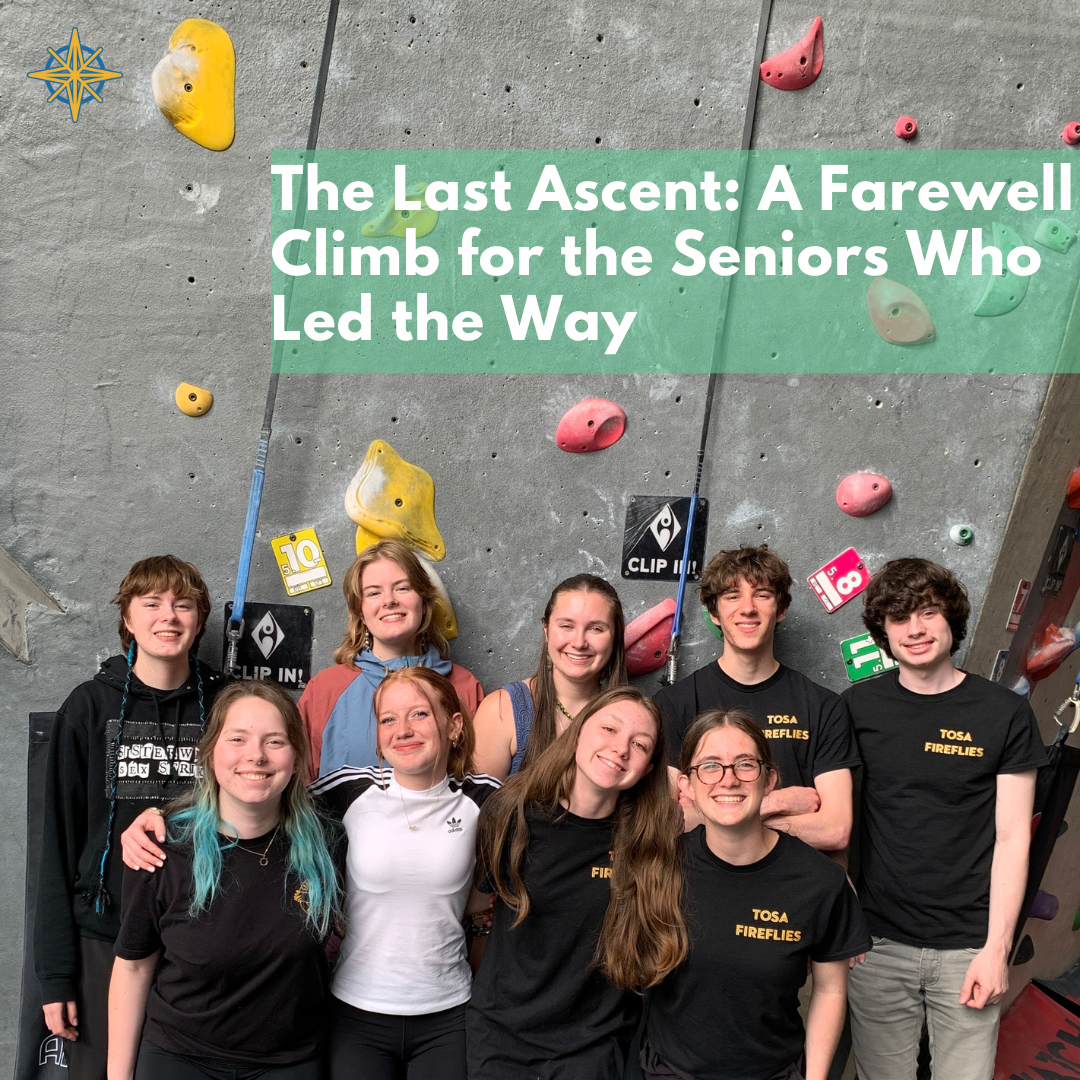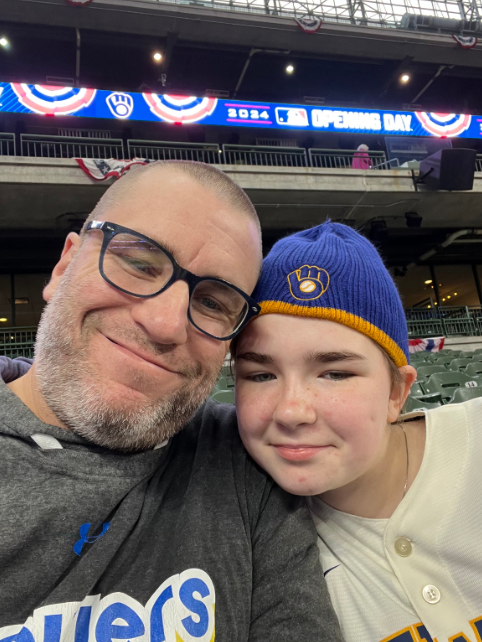Five Asian American and Pacific Islander Influential Figures
May 30, 2022
American history has a strong presence in American schools’ curriculum, but the unfortunate truth is that most students aren’t always taught much outside of the white history of it. However, there are many nonwhite people in American history who’ve impacted the country in essential ways. Asian Americans and Pacific Islanders have greatly influenced many aspects of America, and while people like Kamala Harris have been known for their influences, here are some figures who may not be as well-recognized.
Amy Tan
Amy Ruth Tan is a Chinese-American author born on February 19, 1952 in Oakland, California to two Chinese immigrants. Tan was raised in America, but her parents were forced to flee China. Upon finding out that her mother had to abandon her three previous daughters in Shanghai, Tan began writing her book The Joy Luck Club. The book became a best-seller and brought certain perspectives of Chinese immigrants and families to readers’ attention worldwide. Her novel was, in many ways, based on experiences of Tan’s own life, such as the relationships between the daughters and their mothers. When Tan was younger, her relationship with her mother was especially hard. After her mother threatened Tan over her boyfriend and Tan dropped out of college, they didn’t speak for six months. Throughout her writing career, she would write for companies under pseudonyms that didn’t sound Chinese, though her books were usually about Chinese culture. The Joy Luck Club’s success led to both play and movie adaptations that were received with equal praise and criticism from Asian audiences.
Maxine Kahaulelio
Maxine Kahaulelio is a Native Hawaiian activist, native to O’ahu, born in 1938. Kahaulelio has been an activist since the 1970’s, having been involved in Hawaii’s demilitarization movement. She became passionate about Asian American and Pacific Islander rights when she experienced the unfair treatment that many Hawaiians confront. Kahaulelio would fight for the welfare of herself and for the people who needed it, not easily taking no for an answer; she had directed her activism towards legislature in an attempt to change things. From then on, she became more active and began to take more involvement in fighting for civil rights. In 1977, Kahaulelio, along with fourteen other activists, were arrested for “illegally” going onto their own island, Kahoʻolawe, despite the government’s intentions. She received seven year probation and a fine of one thousand dollars, but she remained perseverant, firmly clarifying that she would go back to Kahoʻolawe. Her activism mainly centers around fighting for native Hawaiians to regain claim of their land. Kahaulelio is greatly influential in pushing the government to give Pacific Islanders’ lands like Kahoʻolawe back.
Yuri Kochiyama
Yuri Kochiyama was a Japanese-American civil rights activist. Born on May 19, 1921 in San Pedro, California, Kochiyama spent her childhood in southern California. However, after the Japanese attacks on Pearl Harbor in the midst of World War II, Kochiyama and her family were forced into a Japanese internment camp. After the war, Kochiyama and her husband moved to New York City to grow their family; they lived in housing projects with mainly Black and Puerto Rican people, inspiring Kochiyama to become an activist and take part in the Civil Rights Movement. Kochiyama held open houses for activists in her apartment; she began to radicalize her activism after her friendship with famous Civil Rights activist Malcolm X. Although their friendship was brief, it was impactful, and Kochiyama was with Malcolm X on the day of his assassination. A couple decades later, Kochiyama and her husband fought for a formal apology from the United States government for Japanese internees. Yuri Kochiyama’s dedication and perseverance towards civil rights for people of color in the United States has influenced and inspired people around the world.
Moanike’ala Akaka
Moanike’ala Akaka, born on July 4, 1944 in Honolulu, Hawaii, was a Hawaiian activist and advocate. Akaka had been an activist throughout the majority of her life, involved in issues that regarded Native Hawaiians. In 1971, Akaka was arrested along with 31 others when trying to stop the evictions of residents from their lands. This event is the first of many events that launched the Hawaiian Sovereignty Movement. She was also a founding member of the Protect Kahoʻolawe ʻOhana, an organization that led to demilitarization of the United States’ 49-year experimental bombing campaign. Akaka participated in other forms of activism and advocacy during the fight for Native Hawaiian land rights, such as standing in the Hilo Airport runway in an attempt to gain their rightful rent pay. Akaka also fought to improve the welfare and conditions of Hawaiians. Her role as a leader in many Pacific Islander groups had led to many great changes in AAPI history, gaining rights and changing things for the better for Pacific Islanders’ sakes. Her relentless work for countless communities will not be forgotten.
Manjusha P. Kulkarni
Manjusha P. Kulkarni (Manju) is the executive director of the Asian Pacific People and Planning Council which is a coalition of community based organizations working towards aiding and representing the 1.5 million Asian American and Pacific Islanders in and around Los Angeles. After a rise in targeted hate towards Asian American and Pacific Islanders following the Covid-19 pandemic, Kulkarni began the movement “Stop AAPI Hate”. Following the establishment of the “Stop AAPI Hate” movement, she has testified before Congress regarding the issue of anti-Asian American hate. Kulkarni has been recognized for her activism and involvement by TIME Magazine; she has also received the White House Champions of Change Award from former president Barack Obama in 2014. Kulkarni continues to advocate and assist Asian American and Pacific Islander individuals around the country.














